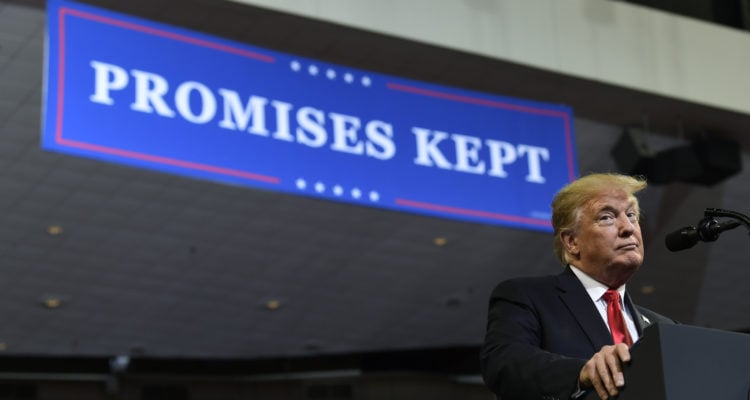Trump administration officials are reportedly clashing over the extent and severity of the pending sanctions on Iran and may ease Iranian oil imports in some cases.
By Jack Gold, World Israel News
The Trump administration may allow some countries to continue importing Iranian oil on a temporary basis, skirting its own sanctions imposed on Iran, the Washington Free Beacon reported Tuesday.
The report cites U.S. officials who confirmed to the Free Beacon that some nations may get a temporary pass from the new sanctions set to be imposed on Iran’s oil industry at the beginning of November.
The first set of U.S. sanctions against Iran that were eased under the controversial nuclear accord went back into effect in August under an executive order signed by President Donald Trump, targeting financial transactions that involve U.S. dollars, Iran’s automotive sector, the purchase of commercial planes and metals, including gold.
U.S. sanctions targeting Iran’s oil sector and central bank are to be reimposed next month.
The Free Beacon reports that the possible concessions come amid a widening clash within the Trump administration over the extent of the new sanctions set to be imposed on Iran. Trump is seeking tough sanctions, while some officials are concerned about Iran’s ailing economy and are therefore discussing sanctions of a lesser scope.
This new stance also comes amid statements about the administration’s willingness to grant other concessions, such as maintaining Iran’s access to international financial markets, as the Free Beacon reported on Monday.
“We are prepared to work with countries that are reducing their [oil] imports on a case-by-case basis,” an unnamed U.S. official told the Free Beacon.
SWIFT leaders were in Washington, D.C. last week and met with Trump administration officials to guarantee that Iran retains its access to the international banking system. The administration is said to have softened its stance that SWIFT must disconnect from Iran, as European countries struggle to save the Iran nuclear deal. SWIFT is the worldwide messaging network financial institutions use to transmit information securely.
Richard Goldberg, a former senior Senate staffer who helped write the original Iran sanctions legislation, cautioned against criticizing the administration for its decision to consider oil waivers, telling the Free Beacon it is very difficult for countries to completely cut their imports in a matter of months.
“I don’t think anyone believed it was technically possible to go to zero in six months if we wanted to replace Iranian oil barrel for barrel from other suppliers, ensuring the price of oil doesn’t spike and ensuring that the brunt of our sanctions pressure falls on Iran rather than our allies,” said Goldberg.
Ultimately, “the numbers will reveal whether countries are trying to go to zero or just doing the bare minimum to win waivers,” he added. “[The State Department’s] been pushing very hard on this, they deserve a lot of credit for their efforts, so let’s see what they come up with before criticizing.”





